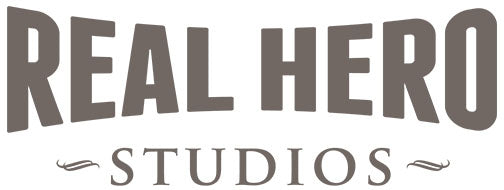Benjamin Franklin | Poster
Benjamin Franklin | Poster
Text On Print:
Benjamin Franklin | 1706-1790 | Founding Father and Inventor
Benjamin Franklin was one of the Founding Fathers of the United States. A noted polymath, Franklin was a leading author, printer, political theorist, politician, postmaster, scientist, musician, inventor, satirist, civic activist, statesman, and diplomat. As a scientist, he was a major figure in the American Enlightenment and the history of physics for his discoveries and theories regarding electricity. He invented the lightning rod, bifocals, the Franklin stove, a carriage odometer, and the glass ‘armonica’. He facilitated many civic organizations, including a fire department and a university.
Franklin earned the title of "The First American" for his early and indefatigable campaigning for colonial unity. Franklin was foundational in defining the American ethos as a marriage of the practical values of thrift, hard work, education, community spirit, self-governing institutions, and opposition to authoritarianism both political and religious, with the scientific and tolerant values of the Enlightenment.
Franklin, always proud of his working class roots, became a successful newspaper editor and printer in Philadelphia, the leading city in the colonies. Franklin gained international renown as a scientist for his famous experiments in electricity and for his many inventions, especially the lightning rod. An accomplished diplomat, he was widely admired among the French as American minister to Paris and was a major figure in the development of positive Franco-American relations.
For many years he was the British postmaster for the colonies, which enabled him to set up the first national communications network. Toward the end of his life, he freed his slaves and became one of the most prominent abolitionists.
His colorful life and legacy of scientific and political achievement, and status as one of America’s most influential Founding Fathers, have seen Franklin honored on coinage and money; warships; the names of many towns, counties, educational institutions, namesakes, and companies; and more than two centuries after his death, countless cultural references.
Share
























